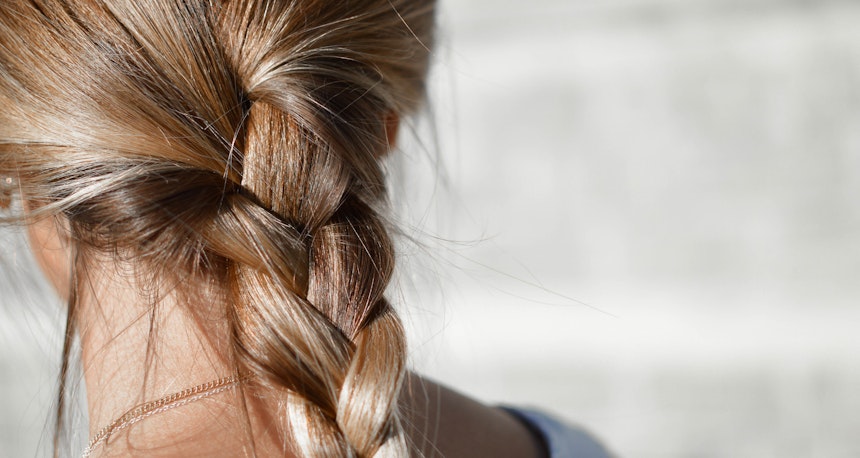Also known as telogen effluvium, post-pregnancy hair loss is entirely normal and usually peaks around three or four months after delivery.
This hair loss is just a phase, and in most cases, your hair will return to normal before your child's first birthday.
What causes post-pregnancy hair loss?
The cause of hair loss after pregnancy is usually due to the rapid change in hormones levels after birth - it's like a shock to the system, and unfortunately, there is no treatment. Diet and stress can also be a contributing factor.
What are the symptoms of post-pregnancy hair loss?
Some women notice more hair coming out when you brush your hair, on your clothes or around the home and even plugging the shower. In most cases, the hair becomes thinner all over the scalp; however, a small minority of women have patches where the hair loss is more noticeable.
What can I do to help post-pregnancy hair loss?
There are various ways a new mother can help post-pregnancy hair loss, here are some things to consider:

Consider supplements
There are various nutritional supplements available on the market, most with cunning marketing plans. If you feel you need to take a supplement, chat with your doctor beforehand and get advice on what to take to help stop hair loss and to promote hair growth.
Eat well
Just like in pregnancy, you must maintain a healthy diet for optimal health and wellbeing. As well as drinking plenty of water, your diet should include a healthy balance of vitamins and nutrients, including fresh fruit, vegetables and whole grains.
Try a new cut or colour
If your recent hair loss is visible or getting you down, pay a visit to your local stylist for professional advice. They will be able to recommend simple hairstyles, cuts and sometimes colours to help disguise the problem.
Be kind to your hair
It is essential to be gentle during the shedding process to prevent excess hair loss post-pregnancy. To avoid unwanted snags, use a detangling spray, wide-toothed comb or Tangle Teezer and pat dry your hair with a towel.
Get your blood checked
In some cases, the real cause of hair loss may not be hormone changes, and there may be another contributing factor such as an iron deficiency, hypothyroidism or a vitamin B12 deficiency. For this reason, we recommend you have a routine blood test to rule out and underlying conditions.
Use a Volumizing Shampoo
Prevent your roots from falling flat on your head with a salon-quality volumising shampoo. Alfaparf Semi Di Lino Volume Shampoo is a great option which cleanses and enhances the thickness of the hair fibres for natural volume and doesn't cost the earth.
In general, postpartum hair loss usually corrects itself when hormone levels return to normal, however, if your hair loss is excessive or you start noticing bald spots we recommend you have a chat with your GP or a professional hair stylist.







